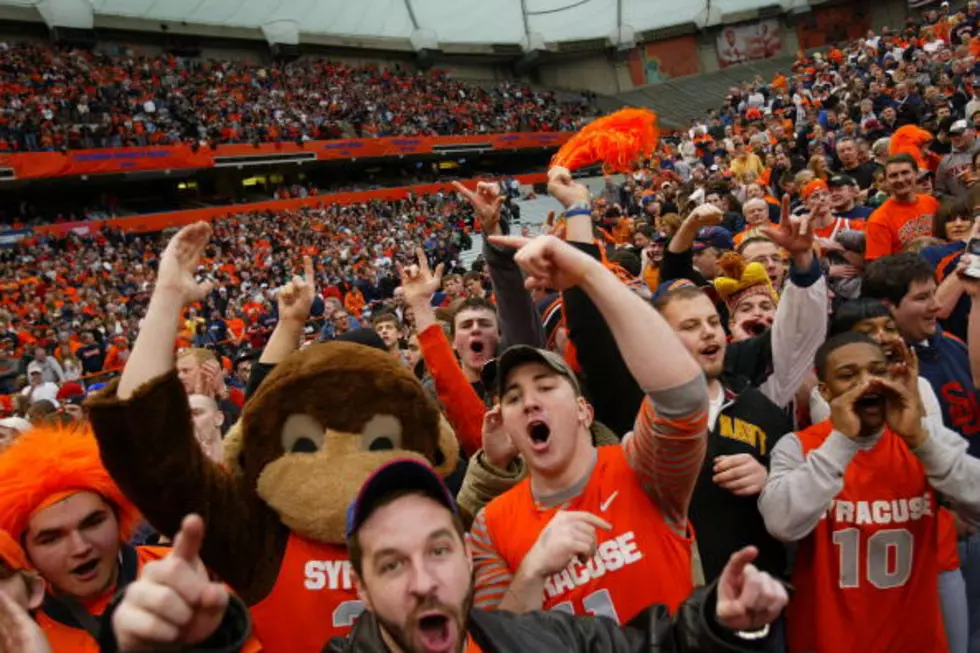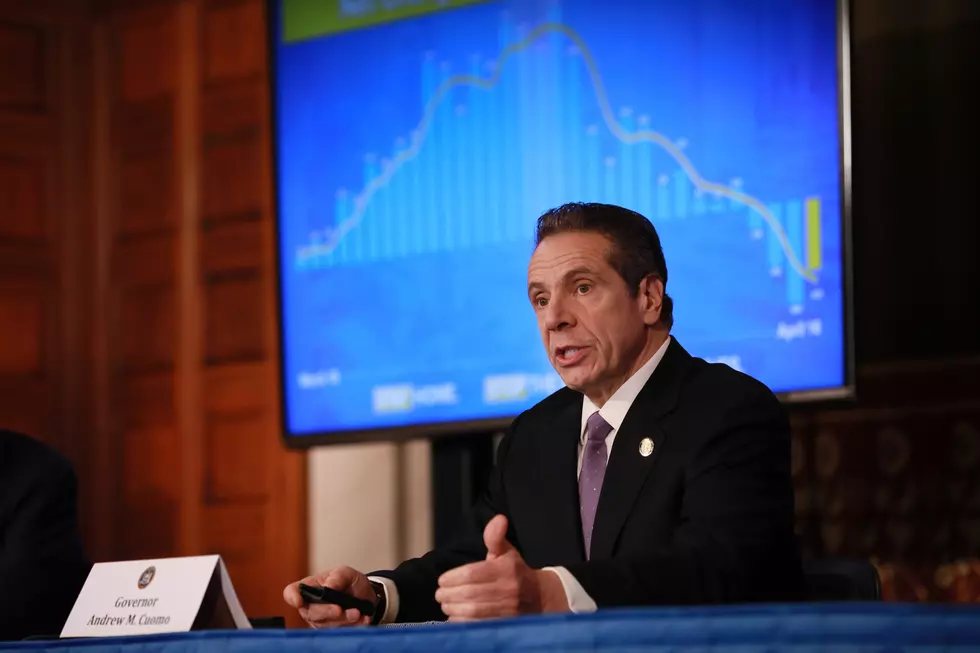
How to Prevent Your Dog From Developing Separation Anxiety
Stay-at-home orders across New York are keeping people in their homes and their apartments more, not just with their human family members, but with their furry ones too. While dogs may be loving all of the attention they're getting right now, they may actually suffer as a result when the quarantine is over.
People will eventually go back to work and school, and experts say dogs may start suffering from symptoms of severe separation anxiety, like stress, fear and panic.
Dr. Karen Sueda is a veterinary behaviorist at VCA West Los Angeles Animal Hospital. She told Insider that dogs thrive on consistency and predictability, so dog owners should start developing routines for their pets during quarantine that mimic their old (and future) routine.
"Allow your pet to have some alone time. You have your space, and they have theirs," Sueda told Insider.
Sueda recommends putting up a pet gate or leaving your dog in another room at times if you don't have anywhere to go. Separation anxiety specialist Malena DeMartini-Price told Insider even the smallest outings without your dog can make a big difference.
"I typically tell people that they are going to want to do an absence minimally three days a week and try to sprinkle in things like going to the mailbox [while leaving the dog inside]," DeMartini-Price told Insider.
However, DeMartini-Price said if a dog has a history with separation anxiety, it is best to ease them into absences by keeping tabs on how quickly they become anxious, possibly by using a security camera or webcam to see how they react when left alone. While in quarantine, owners can slowly build up their time away to longer periods of time, so they aren't jumping from a full day home to a full day gone when they go back to work.
"It's a gradual process of using small absences that start to teach the dog that absences are safe," DeMartini-Price told Insider.
Jennifer Pratt is a certified separation anxiety trainer, who told Insider that while it's important for owners to give their dogs a routine and their own space, it is important to give them plenty of affection as well.
"Give your dogs love, give them attention, and don't think your dog has to ask for everything with a sit," Pratt told Insider. "None of that has to do with your dog getting separation anxiety. I've actually seen dogs get worse [when their owners withhold their attention]. That's weird to them and that causes stress."

Sueda also recommended setting up a dog diffuser, playing white noise or introducing nutraceuticals like Zylkene or Anxiatane during quarantine to keep dogs calm. Introducing them while owners are home rather than at the end of the stay-at-home order will ensure that the dogs don't associate these things with being left alone.
With these tips in mind, experts expect there to still be an adjustment period for dogs (and their humans) into their normal routines. But taking small steps now to lessen dogs' separation anxiety will pay off in the future.
"I suspect that there are going to be some dogs that just have a little bit of an adjustment period," DeMartini-Price told Insider. "That's probably going to be pretty normal. If your dog continues to experience anxiety after the transition, speak to a veterinarian or certified separation anxiety trainer. Whenever I have a chance, I always try to remind people that this is not their fault, and this situation in particular, with COVID-19, is chaotic for the world. This is just one other aspect of [the disruption]."
Keep up on the latest coronavirus news by clicking on 'Red Coronavirus Banner at the top of the page' or in the Trending Bar. Make sure to download our app and turn on notifications.
Check out these 50 fascinating facts about dogs:
More From 96.9 WOUR









